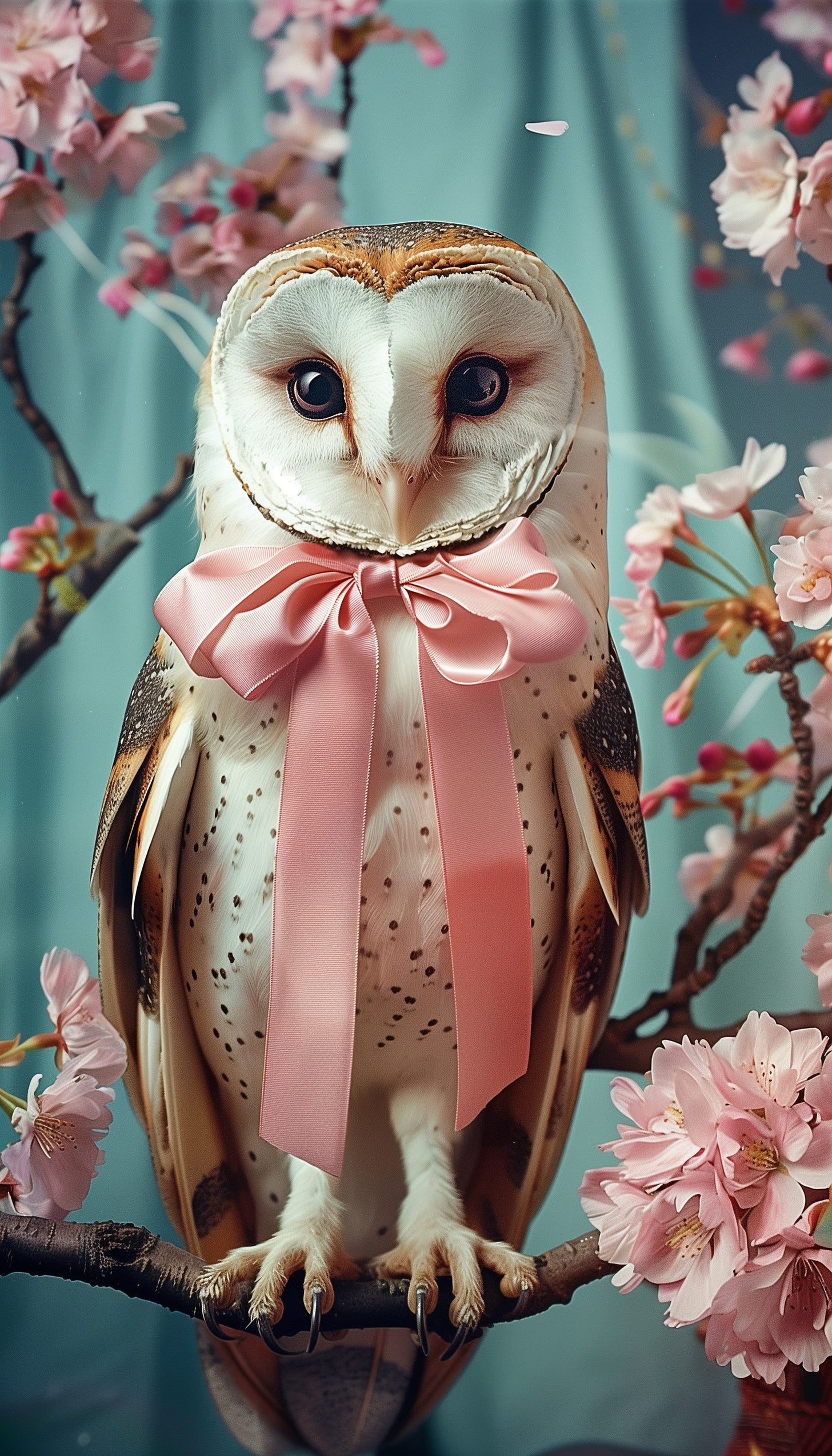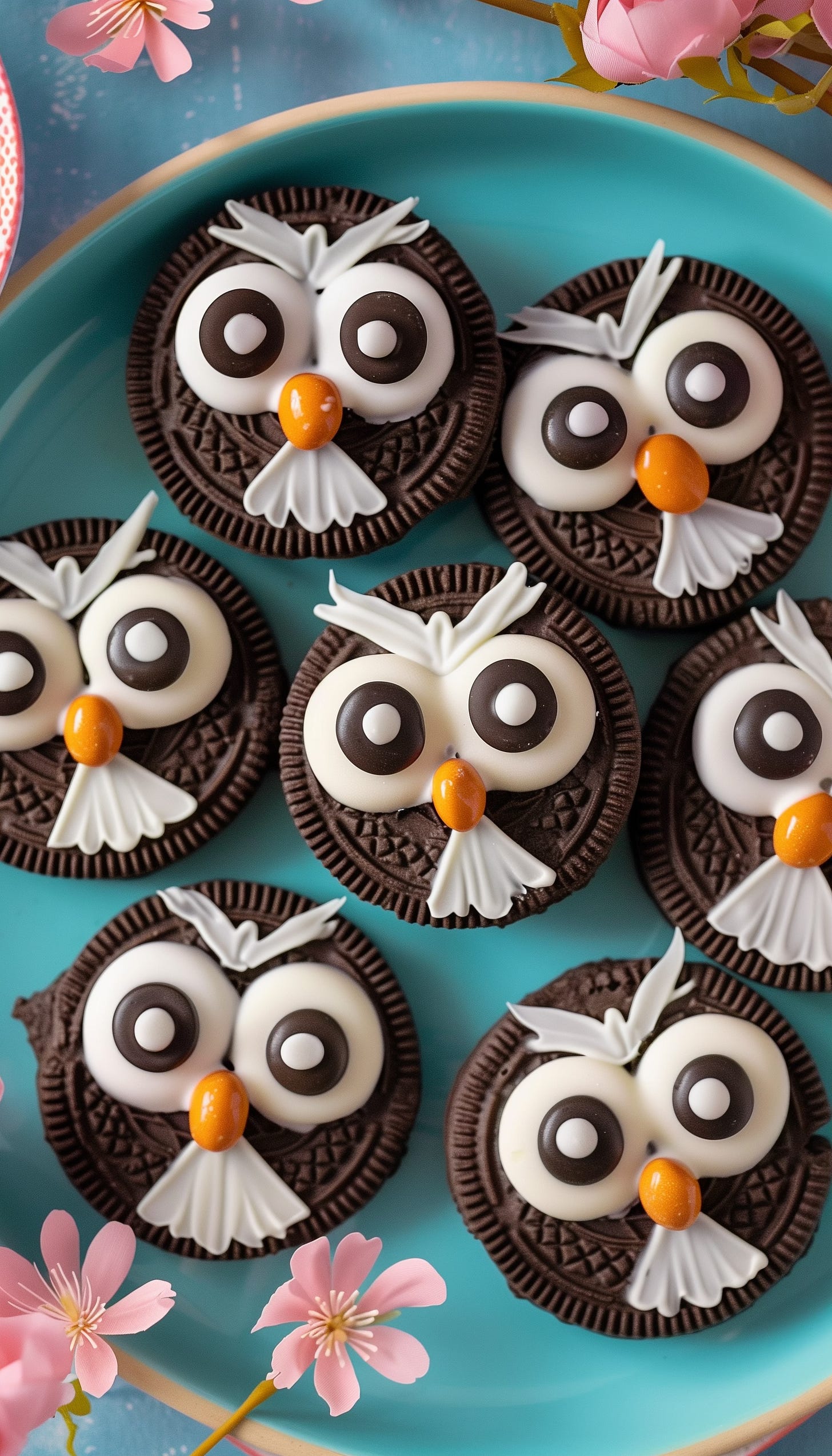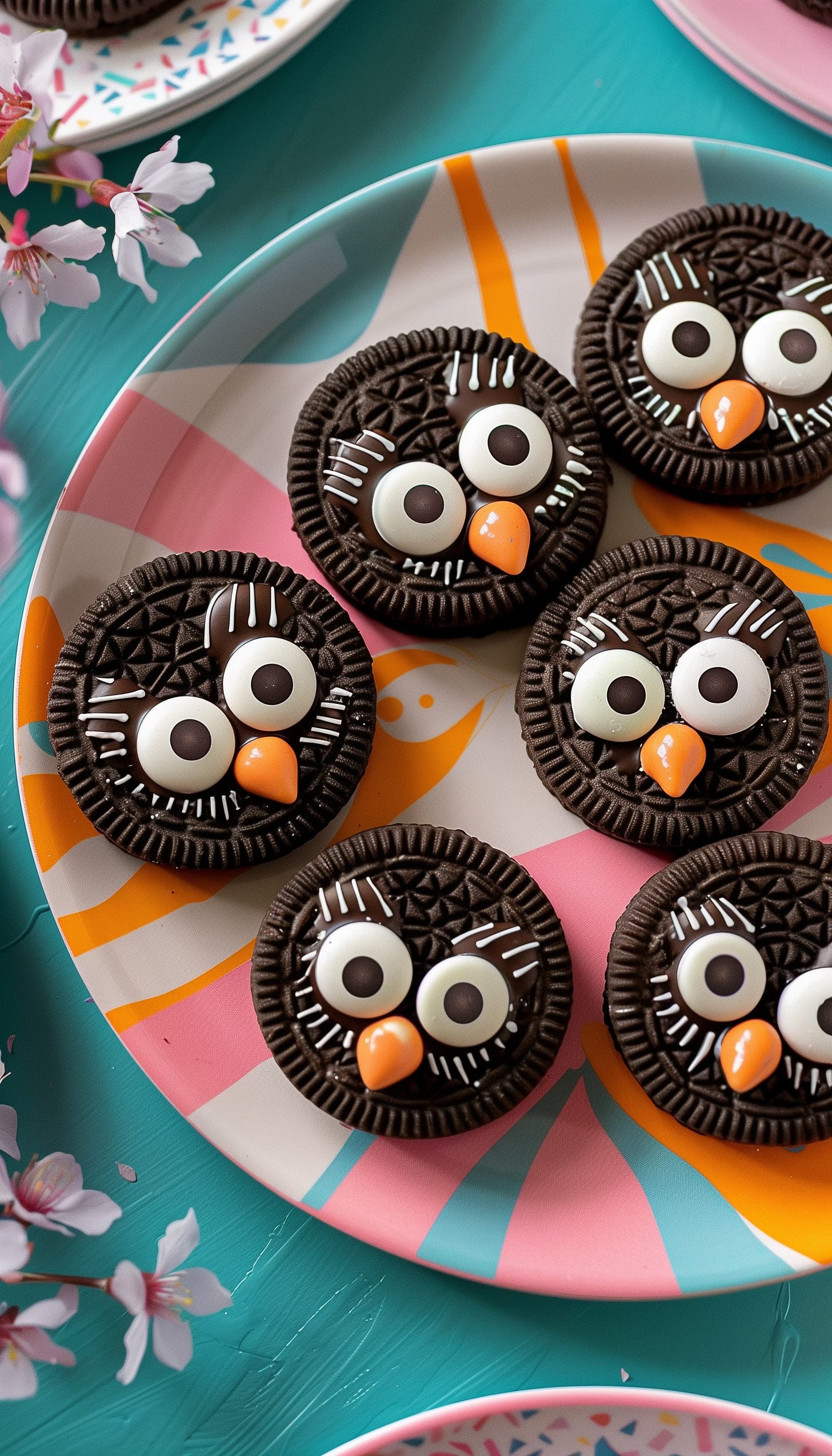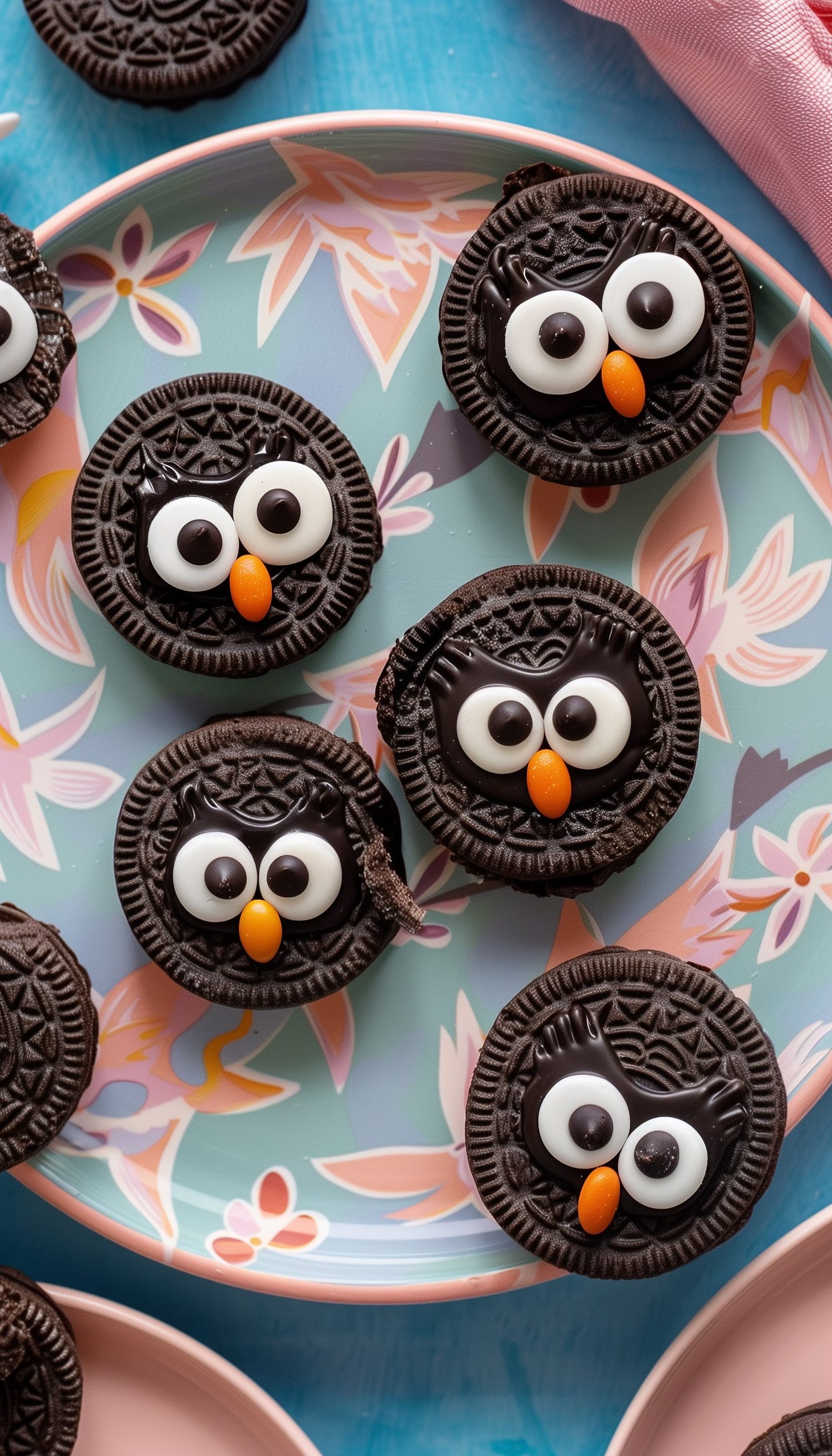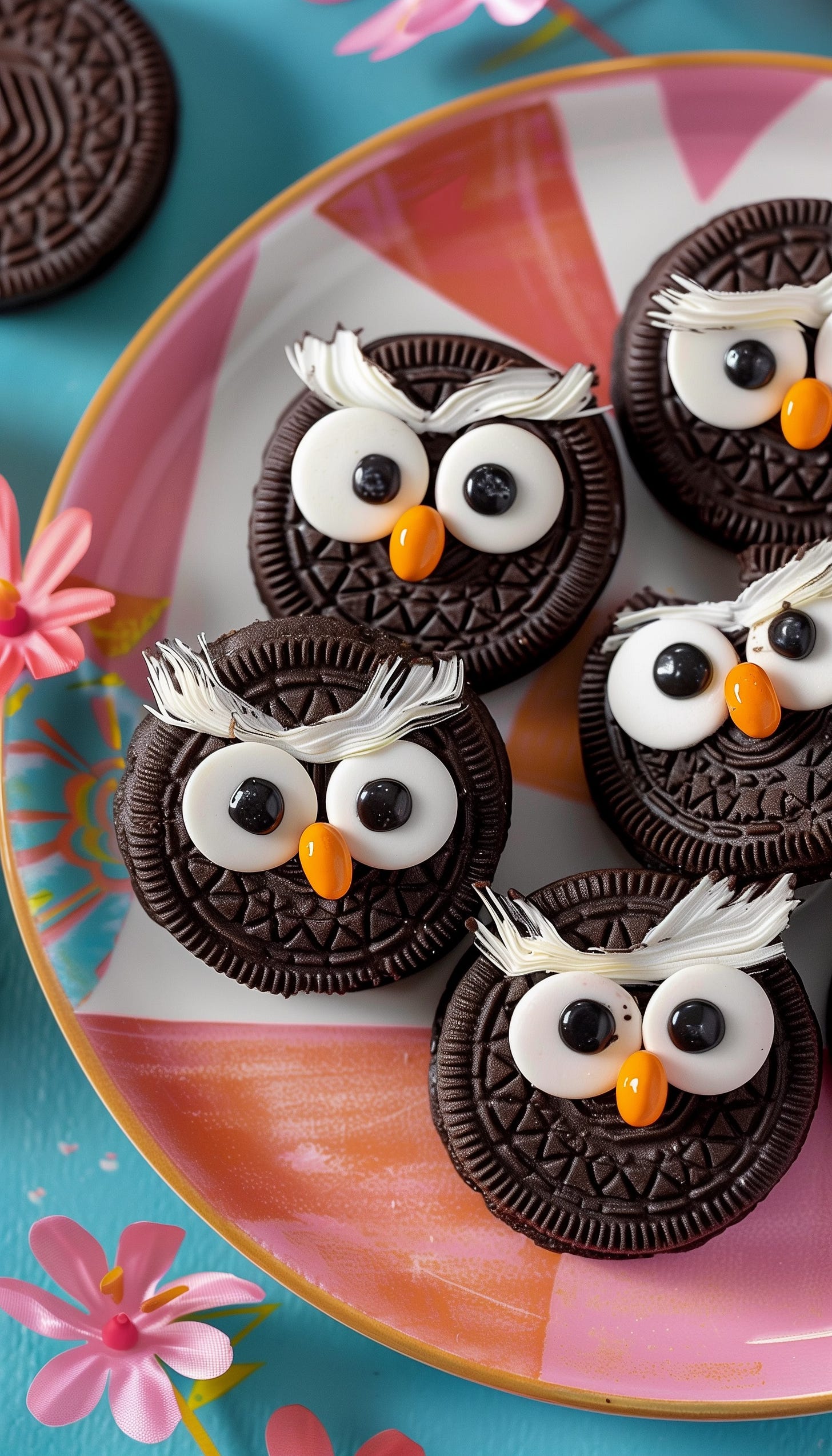Owls have long fascinated humans with their silent flight, keen vision, and nocturnal habits. These mysterious birds are often seen as symbols of wisdom, knowledge, and mystery. Recently, I have been reflecting on owls more deeply because of a personal connection. My uncle, who passed away a couple of days ago, had an image of an owl in his bedroom. This made me wonder about the meaning and significance of owls in his life, as well as in a broader historical and cultural context.
Moreover, I recently took a conflict style personality test and scored as an owl. This test categorized different conflict styles into animals: Turtle, Teddy Bear, Shark, Fox, and Owl, each with its own strengths and struggles. The owl, representing collaboration, resonated deeply with me. Let's explore the symbolism and significance of owls and see how they can inspire us in our lives and interactions.
Symbolism and Significance of Owls
Wisdom and Knowledge:
Throughout history, owls have been associated with wisdom and knowledge. In ancient Greece, the owl was the symbol of Athena, the goddess of wisdom. The bird's ability to see in the dark is often linked to the idea of perceiving the truth and gaining insight, even in challenging situations.
Mystery and Magic:
Owls are often seen as mysterious creatures due to their nocturnal nature and silent flight. In many cultures, they are associated with magic, prophecy, and the supernatural. For instance, in Native American folklore, owls are considered to be guardians of sacred knowledge and protectors of the night.
Protection and Guidance:
In various mythologies, owls are believed to offer protection and guidance. They are seen as messengers from the spiritual world, providing clarity and direction. This protective aspect can be comforting, especially in times of loss or uncertainty.
Adaptability and Survival:
Owls have remarkable adaptations that enable them to thrive in various environments. Their keen senses and silent flight make them adept hunters. This adaptability can inspire us to develop resilience and resourcefulness in our own lives, particularly in the face of adversity.
Transformation and Change:
The owl's ability to thrive in the darkness can symbolize transformation and change. In many cultures, the owl is a symbol of death and rebirth, representing the idea of transformation through difficult times. This symbolism can be a powerful reminder of the potential for growth and renewal even in the darkest periods of our lives.
Conflict Style Personality: The Owl
In addition to their symbolic significance, owls also offer practical lessons in conflict management. The conflict style personality test categorizes individuals into five styles based on how they handle conflict: Turtle (Avoidance), Teddy Bear (Accommodation), Shark (Competition), Fox (Compromise), and Owl (Collaboration). Here’s a brief overview of the owl’s conflict style:
Strengths:
Owls excel in collaboration, building trust, respect, and deeper relationships. They value integrity and are open to pragmatic solutions that create a win-win experience.
Struggles:
The collaborative approach of owls requires two willing parties with high levels of communication skills and emotional intelligence. In some situations, this style may take too long, necessitating quicker solutions.
Reflecting on my conflict style as an owl, I see how it aligns with the symbolic qualities of owls in nature. Their wisdom, adaptability, and ability to navigate the darkness resonate with the collaborative approach to resolving conflicts.
Owl Oreo Cookie Recipe
To complement the theme of owls, here's a fun and delicious recipe for making Owl Oreo Cookies. These adorable treats are perfect for any occasion and are sure to be a hit with both kids and adults.
Ingredients:
Oreo cookies
White candy melts
Milk chocolate candy melts
Mini chocolate chips
Orange or yellow candy-coated chocolates (for the beak)
Chocolate or black licorice laces (for the feathers)
Instructions:
Prepare the Candy Melts:
Melt the white and milk chocolate candy melts separately in the microwave, following the package instructions.
Dip the Oreos:
Dip half of the Oreo cookies into the melted white candy melts and the other half into the melted milk chocolate candy melts. Place them on a parchment-lined baking sheet and let them set until the chocolate hardens.
Create the Eyes:
Once the chocolate has set, use a small dab of melted chocolate to attach two mini chocolate chips to each Oreo for the eyes.
Add the Beak:
Place an orange or yellow candy-coated chocolate below the eyes to create the beak.
Make the Feathers:
Cut the chocolate or black licorice laces into small pieces and use a dab of melted chocolate to attach them above the eyes as feathers.
Let Set:
Allow the cookies to set completely before serving.
These Owl Oreo Cookies are not only delightful to look at but also delicious to eat. They make a perfect treat for any gathering and add a whimsical touch to the theme of wisdom and collaboration.
Conclusion
Owls hold a rich tapestry of meanings across cultures and history. Their symbolism of wisdom, mystery, protection, adaptability, and transformation can inspire us in many aspects of life, including how we handle conflicts. By understanding the qualities of the owl, both in nature and as a conflict style, we can cultivate these attributes in our interactions and personal growth.
If you’re curious about your own conflict style, consider taking the conflict style personality test and see which animal you align with: Turtle, Teddy Bear, Shark, Fox, or Owl. It might offer you new insights into how you handle conflicts and how you can improve your relationships.
Coaching Points:
How do you cope with conflict? Are you a turtle, a teddy bear, a shark, a fox, or an owl?
What strengths and struggles do you face in your conflict management style?
How do your top 5 strengths from the Strengths Finder 2.0 influence your conflict management style?
Embrace the wisdom of the owl and let it guide you in your journey toward understanding, growth, and harmony.
This post was inspired by my recent reflections and experiences. For those interested in exploring more about conflict styles, visit Brent O’Bannon’s website for resources on personal and professional growth.





